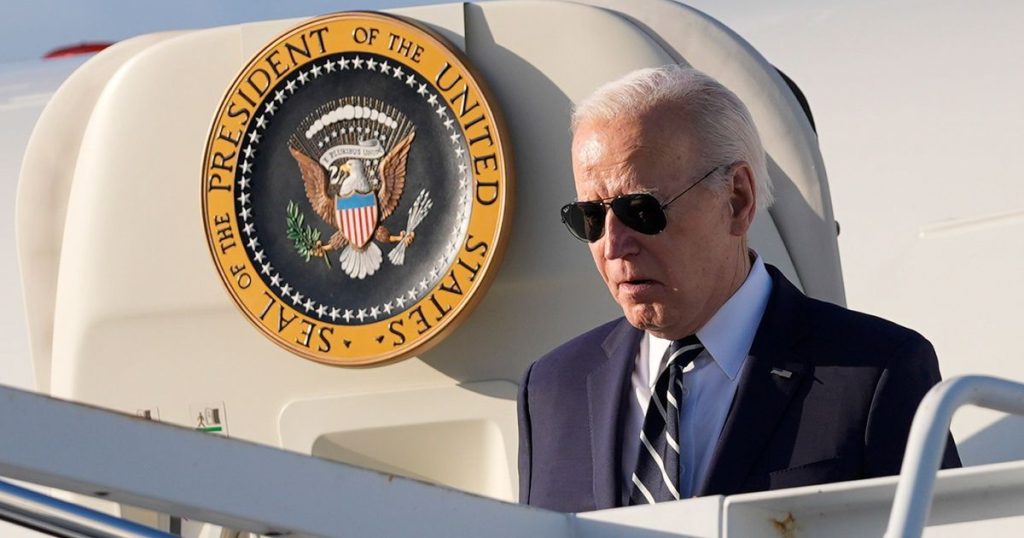The United States played a crucial role in assisting Israel in thwarting an aerial attack from Iran, marking the first direct military assault by the latter on Israel. The U.S. helped Israel shoot down dozens of drones and missiles, with Israeli authorities reporting that 99% of the inbound weapons were intercepted without causing significant damage. U.S. officials stated that Iran’s intent was to cause casualties and create an uncontrollable escalation, emphasizing the need for strategic decisions to avoid further conflict.
President Joe Biden reassured Israeli Prime Minister Benjamin Netanyahu that the U.S. would not participate in any offensive action against Iran, urging Israel to exercise restraint and carefully consider the risks of escalation. The U.S. had been preparing for such an attack for days, but the scale of the assault exceeded expectations, with over 100 ballistic missiles in the air simultaneously at one point. Biden and senior officials monitored the situation in real time, expressing relief once they saw the success of the missile defense efforts.
Biden commended Israel for its defense prowess and urged the country to claim victory for its ability to defend against unprecedented attacks. The U.S. commitment to Israel’s defense was described as “ironclad,” with the possibility of mounting a similar effort in the future if needed. Despite differences over the Gaza conflict, the U.S. emphasized its support for Israel against Iranian aggression and emphasized the importance of collaboration to prevent further destabilization in the region.
Following a G7 meeting, the leaders issued a joint statement condemning Iran’s direct attack on Israel in the strongest terms, expressing full solidarity and support for Israel’s security. They also warned Iran against further destabilization and risks of regional escalation, indicating readiness to take further measures if necessary. The leaders discussed potential actions, including listing Iran’s Revolutionary Guard Corps as a terrorist organization and imposing additional sanctions on Tehran.
The ongoing Israel-Hamas conflict was also addressed during the G7 meeting, with a focus on working towards an immediate and sustainable ceasefire and providing humanitarian assistance to Palestinians in need. The U.S. reiterated its support for Israel’s defense during a United Nations Security Council meeting, vowing to explore additional measures to hold Iran accountable. The U.S. and Israel had anticipated retaliation from Iran following a suspected Israeli strike on an Iranian consular building in Syria.
Sen. Marco Rubio criticized the White House for leaking information about Biden’s conversation with Netanyahu, suggesting that it was intended to appease calls for a ceasefire in Gaza. The U.S. administration’s support for Israel’s defense remains unwavering, with a commitment to working with international partners to address the escalating tensions in the region. Efforts are being made to prevent further conflict and find diplomatic solutions to the complex challenges presented by the Iran-Israel confrontation.


